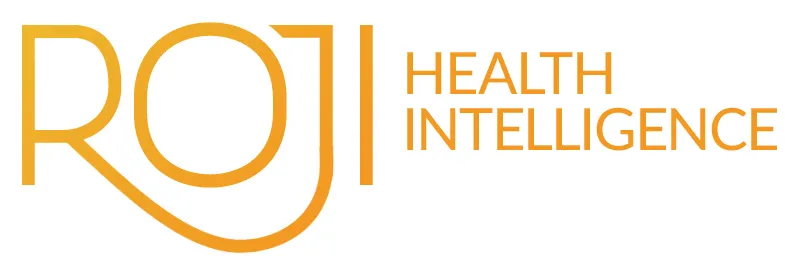As states across the country begin to loosen restrictions for the coronavirus pandemic and return to a modified version of normal life, how will our health care system get back to providing regular care? In particular, how can providers pivot from the scale and aftereffects of COVID-19, and bring their patients back? In hot spot […]
Stretched to the Limit by COVID-19, Will Providers Get Relief from Medicare Value-Based Programs?
This article originally appeared in the April 2020 edition of Accountable Care News [PDF download]. COVID-19 continues its inexorable, exponential spread here in the U.S. Hospitals in New York City, now accounting for more than 7 percent of confirmed cases worldwide, have less than a quarter of the critical equipment and supplies needed to serve […]
The Final 2020 Quality Payment Rule: Playing It Safe with MIPS No Longer Works
The common refrain within the 2475-page Medicare Final Rule for the Physician Fee Schedule and Updates for the Quality Payment Program (QPP) is “we are finalizing our policy as proposed.” This Rule follows the formula CMS adopted in its “Pathways to Success” ACO Rule: Propose a shake-up, reply to concerned commenters, and finalize policy without significant […]
The Hedge Bet for Risk is Patient Experience
Creating a good Patient Experience in health care has gained little traction, despite being touted as one of the Triple Aim’s key goals in Value-Based Health Care. Health systems have been more focused on how to increase patients via health plan negotiations and consolidating regional providers, rather than focusing on the slower paced process of […]
How Physicians Can Navigate to Get Better Value from Specialty Services
In recent articles, we’ve discussed how Value-Based Health Care must help consumers make good decisions. Equally as important, CMS is now emphasizing how physicians should serve as navigators for their patients, providing information and guidance. Let’s take a closer look at how the triad of primary care physician, specialist consultant, and patient can effectively engage […]
Are Patients at Risk when Quality Measures Scale Back?
CMS is now poised to roll back quality reporting requirements in 2021, vastly altering the direction of quality measurement. Simultaneously, CMS will reduce the weight in Value formulas dedicated to quality, transferring the balance to Cost over the next five years. As providers face risk-based reimbursement, what protections are needed to ensure that patients get […]
Fixing Clinical Science Requires a Moonshot
“We chose to go to the moon” President John Kennedy’s statement instigated a monumental marshaling of resources to achieve a remarkable goal. Those famous words also established a powerful metaphor for aiming high. We need an equally monumental shift in purpose and commitment of resources for how we conduct clinical science. Nothing less than our […]
Five Actions ACOs Should Take Now: Takeaways from Proposed CMS Rulemaking
Last week CMS released a proposed rule addressing revisions in the Physician Fee Schedule (PFS) and the Quality Payment Program (QPP), along with a few other matters. Of 1,704 pages, only about 20 addressed ACOs issues directly. But ACOs should take a holistic approach to reading this proposed rule, as well as the proposed Outpatient […]
A MIPS Rewrite is Certain: CMS Proposed Rule for the 2020 Quality Payment Program
The CMS Proposed Rule for the 2020 Physician Fee Schedule and changes to the Quality Payment Program picks up where the “Pathways to Success” ACO rule left off. This time, the “Pathways” shake-up is aimed squarely at MIPS, in the form of “MIPS Value Pathways.” We’ve described the growing frustration with MIPS, specifically MedPAC’s report […]
Can ACOs Survive the Complicated New Landscape in Medicare Risk?
What a difference a year makes. In Spring 2018, many Accountable Care Organizations (ACOs) pondered a walkout over Medicare plans that included downside risk in ACO financials. Nonetheless, CMS finalized its plans to make provider risk a reality for all ACOs in its Pathways to Success overhaul of the Medicare Shared Savings Program (MSSP). ACOs’ […]










